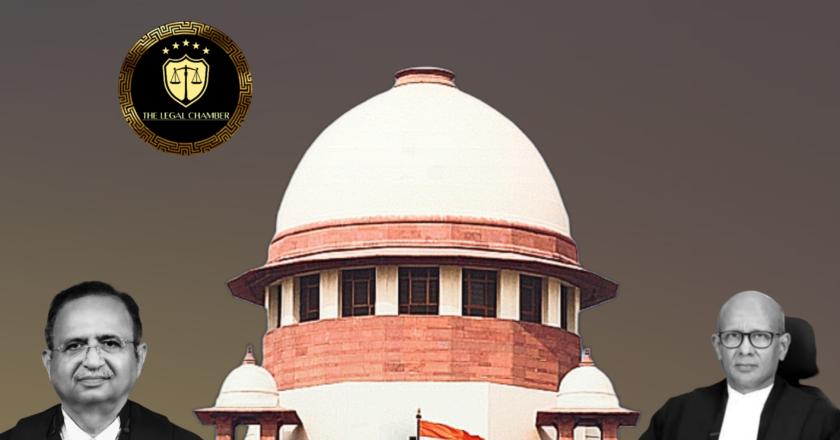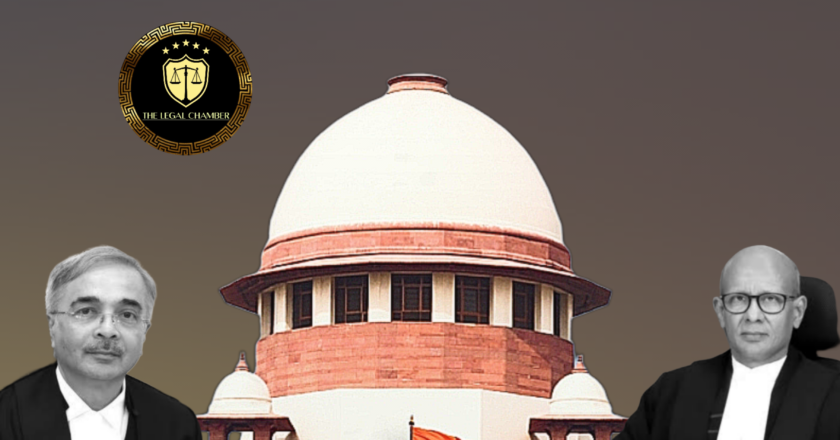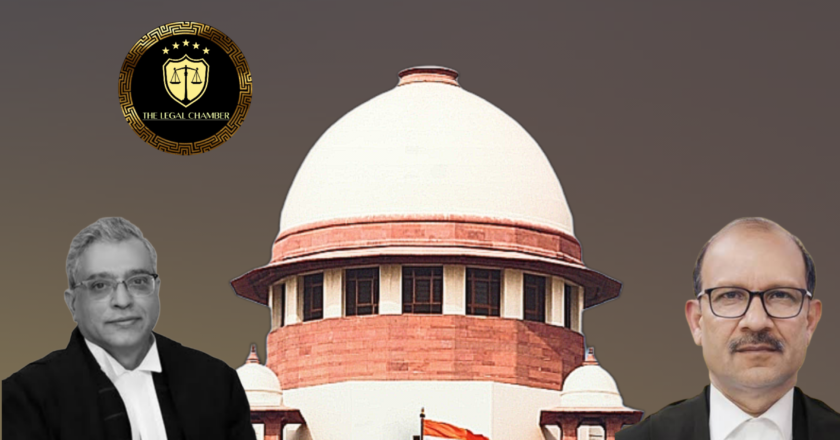Supreme Court Rules on Power Theft: Generator Must Pay Full Compensation for Diverted Electricity
In a significant ruling, the Supreme Court clarified that compensation for wrongful diversion of electricity under a Power Purchase Agreement is distinct from the reimbursement of fixed charges. The Court held that the beneficiary is entitled to both remedies concurrently, reinforcing the 'proportionate principle' and preventing unjust enrichment by the power generator.
Facts Of The Case:
The dispute originated from a 1996 Power Purchase Agreement (PPA) between Gujarat Electricity Board (GEB, later GUVNL) and Essar Power Limited (EPL). EPL's plant had a total capacity of 515 MW, with 300 MW allocated to GEB and 215 MW to its sister concern, Essar Steel Limited (ESL). The core issue arose when EPL began supplying more power to ESL from GUVNL's allocated 58% share, violating the ag...




